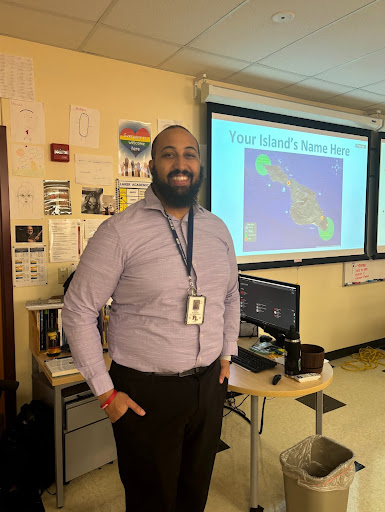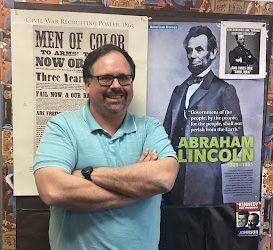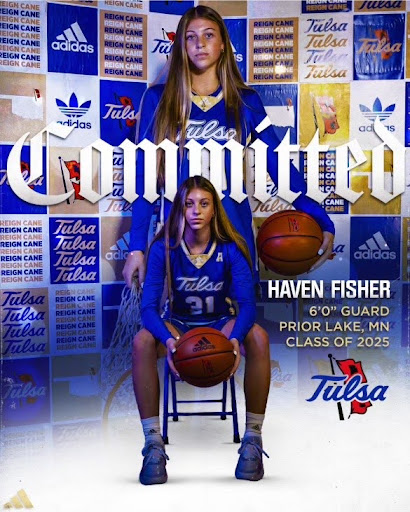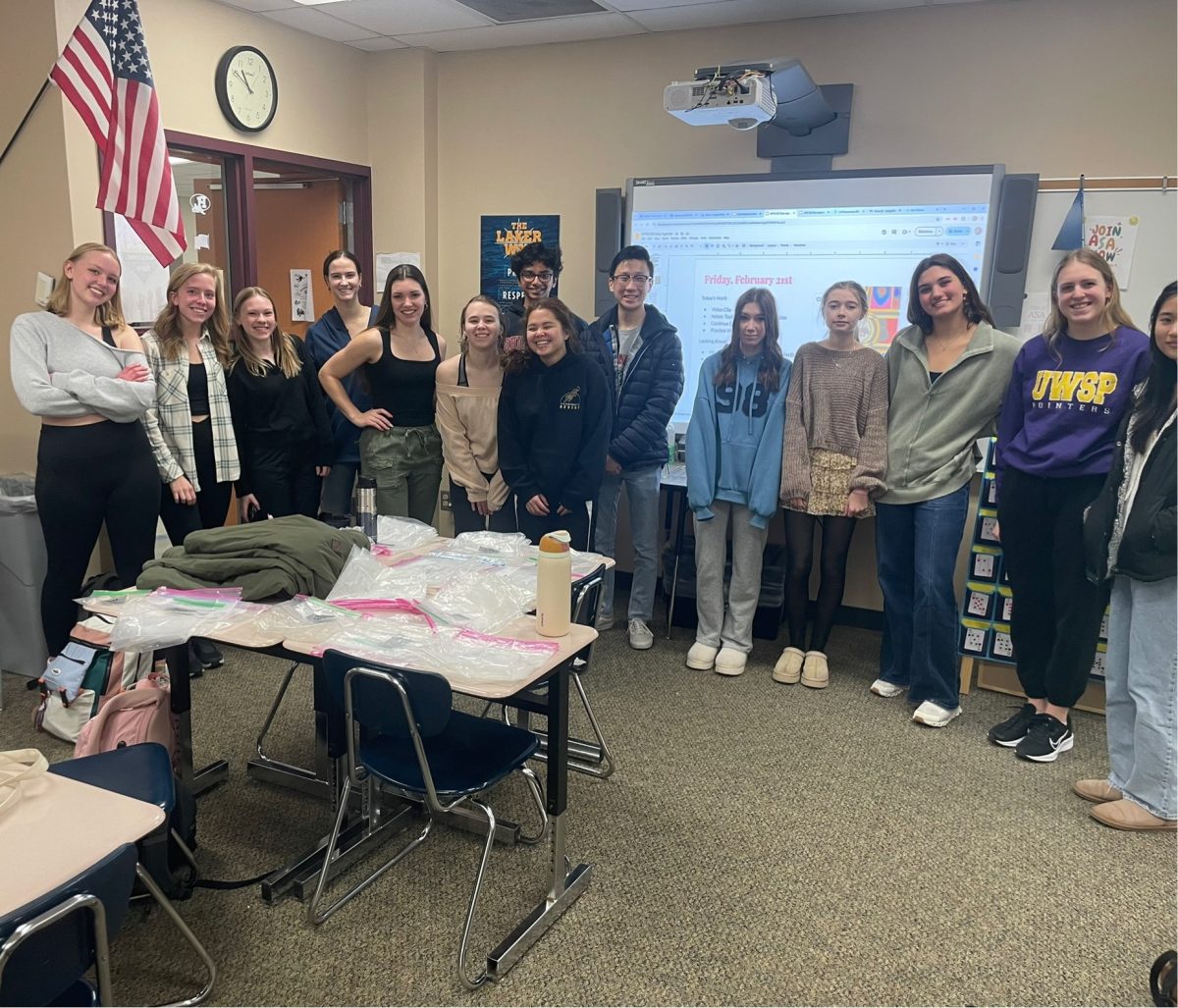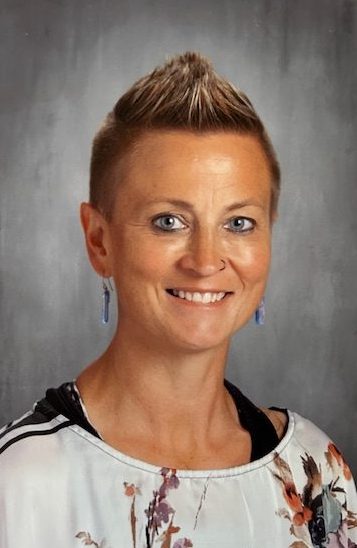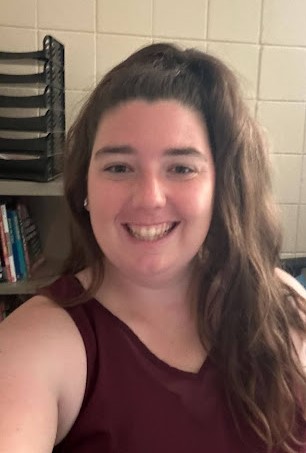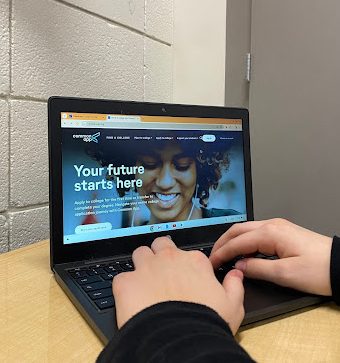
A student sits down with their guidance counselor and begins to compile a list of everything they look for in a college.
Where could they see themselves living? Do they want a big or small school? Where could they get accepted?
After endless debate, they have crafted a list of all the schools they want to apply to.
Since August, high school seniors have been applying to colleges of their choice and working to complete every step of the application process. Whether a college is big or small, far or close, many students have applications to fill out.
Balancing schoolwork in the midst of college application season, along with other things, can be extremely difficult, especially when you have a rigorous course load.
“I’ve always thought that the most challenging part of applying is the time,” said Kelly Nagle, a guidance counselor at Prior Lake High School. “I recommend that regardless of a student’s application plan, they should begin applying in August because not having school work on top of applications helps tremendously.”
Starting early is especially important for the writing aspect of applications. While only some schools require extra supplementals, most schools require the personal statement that students write through the common application.
“Everything can pile up really fast,” said Ryan Thue, a senior who applied to numerous schools across the country. “I definitely wish I would have had my personal statement done a bit sooner so I could have moved along with other requirements.”
While application season can be a stressful time, it is not something that students have to go through alone.
“Simply just talking about ideas you have for writing or asking your friends questions can make a big difference,” Ryan said. “I try to remember that everyone is in the same boat.”
The high school is filled with people willing to help and provides resources that students can utilize such as teachers, college visits, Naviance, and meetings with counselors.
“Creating connections with teachers is extremely important, not just for letters of recommendation, but also for advice,” Ryan said. “Talking to my past English teachers has helped me a lot.”
Prior Lake High School is large, which makes it difficult for guidance counselors to meet with every student regarding college. Working with numerous seniors requires them to be more reactionary rather than proactive, but they make a point to assist any student who reaches out to them.
“I just try to make myself as available as possible, and anybody who wants all of the guidance services from me, I am happy to provide them,” Nagle said. “I tell people I am here if they need me and hope they take advantage of it.”
A prominent aspect of planning for the future is research. Many seniors start thinking about the types of schools they are interested in and looking at campuses long before deciding where to apply.
“Even if people know they don’t want to stay in the state of Minnesota, they can learn so much just from going to a campus around us,” Nagle said. “Students can learn their preferences on size, population, and location and then apply that to other places.”
Once seniors finish applying, all they can do is wait. Hitting submit is just the beginning of all the opportunities and plans waiting for them in the future.
Students anxiously refresh their application status pages. Decisions are released. Confetti fills the screen and the text “You’ve been accepted!” appears at the top. All the hard work has finally paid off.



